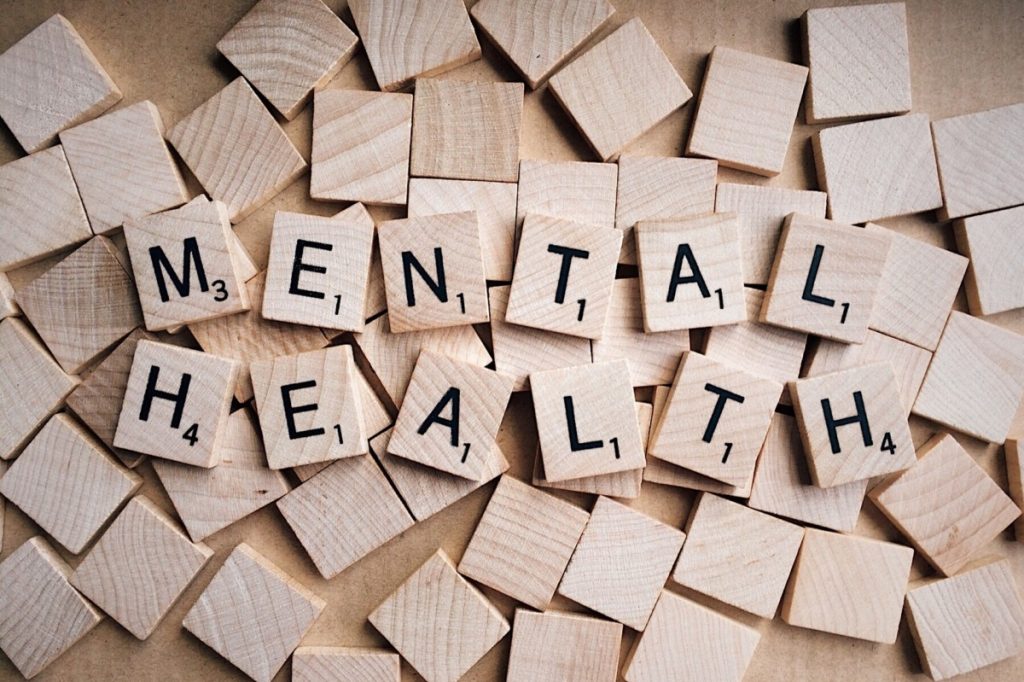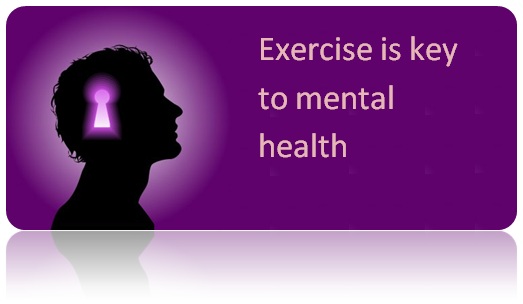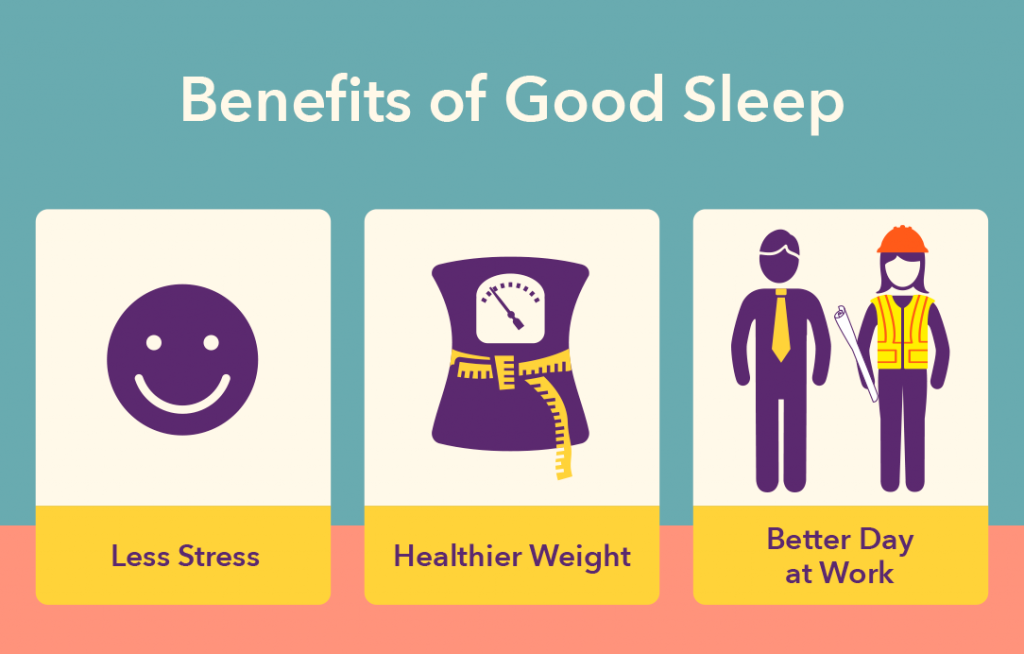Lifestyle changes that can improve your mental health
5 min read
Last Updated on July 17, 2021 by Aaron Thompson
We cannot deny the importance of mental health. Our mental health affects how we deal with stress, our communication with each other, and our decision-making. Mental health influences how people view themselves, their lives, and others in their lives. It is as significant as physical health.
Some of the most common and frequently reported psychiatric disorders include depression and bipolar disorder, anxiety, schizophrenia, dementia, and eating disorders. Depression is the leading cause of disability worldwide and is one of the most important contributors to the global epidemic, affecting individuals and their families psychologically, physically, socially, and financially. Mental illness affects everyone regardless of race, culture, age, nationality, or gender.

When we seek the help of a mental health professional, we often expect to hear about a variety of medications and treatment options, but it is lacking in any conversation to talk about lifestyle changes. I have gathered for you some of the most important lifestyle changes that you can implement to improve your mental health and of your loved ones.
Exercise Keeps You Occupied & Good for Mental Health
Exercise, Exercise, and Exercise. I can not stress it enough. If regular physical activity is not part of your routine, you must be wondering that what you need to do to boost your mental health. The good news is that exercise does not have to be complicated or long-lasting. Studies show that the average level of exercise is adequate. Just walking can do enough. Experts suggest that exercising for 30 minutes, at least five days a week, can make a big difference. It could be one 30-minute session or a few 10-15-minute sessions.

It can be tough to start exercising if you haven’t done it for a while, but a good plan can help you get started and your motivation can help you stick to it. You can get started by making exercise a part of your daily routine. Try walking or cycling rather than using a car. Get off at a tram, train, or bus stop early and try to walk that distance. Or spend time with your children by walking them to school. Have fun at home by doing gardening, car washing, or cleaning windows.
Benefits of Exercising
Regular exercise can help you to get better sleep. And sleep helps you to control your emotions. It can also improve your sense of control, your ability to cope with confidence. People who exercise regularly report how well a goal makes them feel. Exercise can distract you from negative thoughts and give you the opportunity to try new experiences. It provides an opportunity to have fun and get community support while exercising with others.
The level of chemicals in the brain, such as serotonin, stress hormones, and endorphins, change as you exercise. Exercise increases your energy levels. It can be a great way out of your frustration. It can reduce bone tension, which in turn helps you to feel more relaxed.
Sleep and Mental Health Connection
Sleep and mental health are closely linked and Sleep deprivation affects your mood and mental health. And those with mental health problems are more likely to experience insomnia or other sleep disorders.
It’s no secret that sleep plays a vital role in good physical and mental health. Sleep deprivation can leave you feeling angry and tired for a short time, but it can also have long-term health consequences. Insomnia has been linked to a number of adverse health outcomes including heart disease, type 2 diabetes, and depression.
If you have ever had a hard time going through the day after a night of throwing and turning, you are well aware of the disturbing effects of sleep deprivation. Changes in circumstances, including anger and frustration, can make it increasingly difficult to cope with the small stresses of everyday life.
Most adults need a good 7 to 8 hours of regular sleep every night. Make adjustments to your schedule if you are not getting enough sleep. Completing your sleeping hours is not only important. It is also important to get good quality sleep with a regular routine so that you feel comfortable when you wake up. If you often have trouble sleeping – or if you often feel tired after bedtime – talk to your doctor.
Benefits of Sleeping Enough
Good sleep can improve your concentration, healthier weight, productivity, and cognition. Hence reducing your stress while doing routine tasks. You become more sophisticated and focus on activities for a long period of time. Enough sleep also gives you better problem-solving skills. People who get an adequate amount of sleep are more capable of making the right decisions. It can help students and even elderly people to be able to learn and remember new things. You have a lot of energy during the day if you are getting proper sleep. It can also help you build and maintain good relationships with others.

Having a Good Diet
It sounds reasonable to say that a healthy diet can be good for the health of the brain. This is supported by results from a major European study showing that a nutritious diet such as a Mediterranean diet can help prevent depression.
Here are some nutrients that can help you with your mental health. Zinc – low levels of zinc can cause stress. Omega 3s – can improve mood and help improve memory and thinking. Iron-iron deficiency (anemia) contributes to depression. Eating nutritious foods such as whole grains, leafy vegetables, collared vegetables, beans and legumes, seafood, and fruit improves overall body health – including brain health. Both the Mediterranean diet and the dash diet, which eliminates sugar, have been found to significantly improve mental illnesses.

Benefits of a Good Diet
A good diet promotes mental development. It also alters brain proteins and enzymes to increase neural transmitters, which is the interaction between brain cells. Increasing serotonin levels through various dietary enzymes, which improves mood is also one of the results of a good diet.
There are many other ways to relax or reduce stress, that includes intensive exercises, meditation, continuous muscle relaxation, listening to music. Counselling is also a great help for you to identify and eliminate stress.





